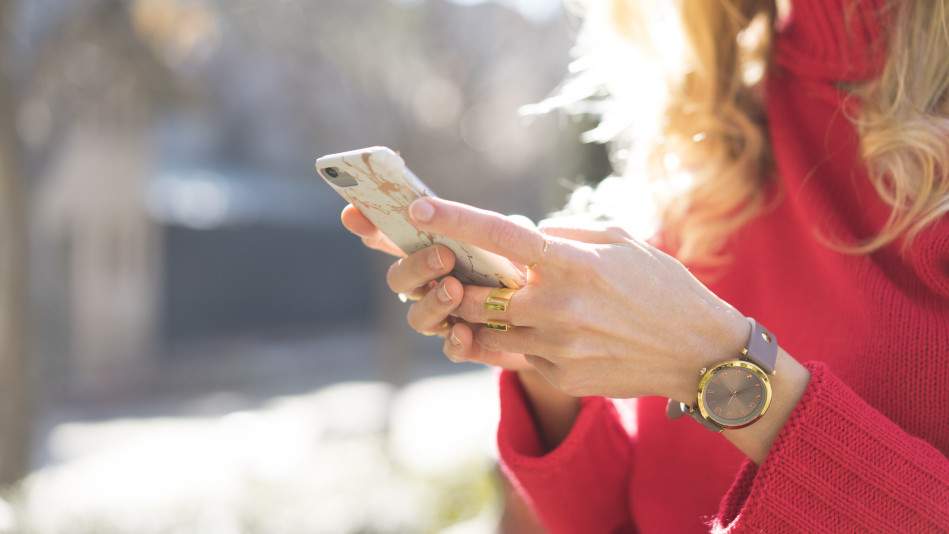Is Double Texting Really That Bad?
The key is to ask yourself why you're doing it.

Photo: Westend61/Getty Images
Texting has become so common, you barely have to think about tapping out shorthand messages to your friends, family, or folks you meet online. And yet texting is the first thing we overthink when it comes to relationships. Even with emojis to fall back on, it's not easy to convey humor or flirtatiousness through the phone—and no matter how convenient it is, texting is hardly a reliable or effective form of communication. Not being able to get a good read on what the other person is thinking has given rise to a phenomenon called double texting.
Double texting is, quite literally, the act of sending one text then sending another before you get a response. "I have a client who calls it the 'double bubble' because you end up with two text 'bubbles,' one on top of the other," says Laurie Berzack, a dating expert and matchmaker.
It's not the same as sending a burst of messages in a row; what makes double texting a thing is the fact that there's been no response to the most recent text. "Depending on how often it happens, double texting can make someone come across as intense, desperate, impatient, or anxious," says Anita A. Chlipala, a Chicago-based licensed marriage and family therapist and author of First Comes Us: The Busy Couple's Guide to Lasting Love. It can also be seen as annoying or aggressive. Of course this may seem unfair, as being ignored can be construed as rude, especially if you were in the middle of making plans or have asked a pointed question. Also, you don't want to play games.
If you're guilty of double texting—and who isn't?—it may stem from the totally normal insecurity you feel when a reply doesn't come through. Or, just general, relatable, impatience. While you can't control how a person responds to their texts, you can keep yourself from imagining worst case scenarios.
"The problem with texting is that it feels urgent, even if it's not," says Berzack. But you need to recognize that the person you're texting is under no obligation to text you back immediately, says Cyndi Darnell, a sex and relationship therapist and coach. They may be busy, they may not have their phone available, or they may be waiting. "You don't always know the context of their lives," she adds, so it's a waste of your energy to read into a delayed response.
And, sure, a lack of response could mean someone's ghosting you, says Chlipala—that's why it's important to look for patterns. If the person has been like this since day one, it’s probably NBD. Not everyone has the same texting habits, and it's not always clear when a response or acknowledgment is expected.
But if you find yourself suddenly sending double texts to someone who used to respond quickly, it may be a sign that they're pulling away. "People text back when they are interested and available," says Darnell. "If they do not—they're not available in the way you want them to be. No one is too busy to text. If they're not texting you on repeat, they're not the person you're looking for."
What it boils down to is that double texting is the digital equivalent of chasing someone down. Which is fine! You're an adult, and there are no "rules" as to how long you should wait between texts.
If you actually need an answer for logistical purposes, send a follow-up to confirm the details. But sending messages like "hello?," "you there?," or "did you get my text?" just because you think someone has gone MIA isn't going to do you any favors. They got the text. And chasing people who don't want to reply is only going to drive you crazy. "Be the mature one and set a limit for yourself—it's a form of self-care," says Darnell.
Read the original story on OprahMag.com.



